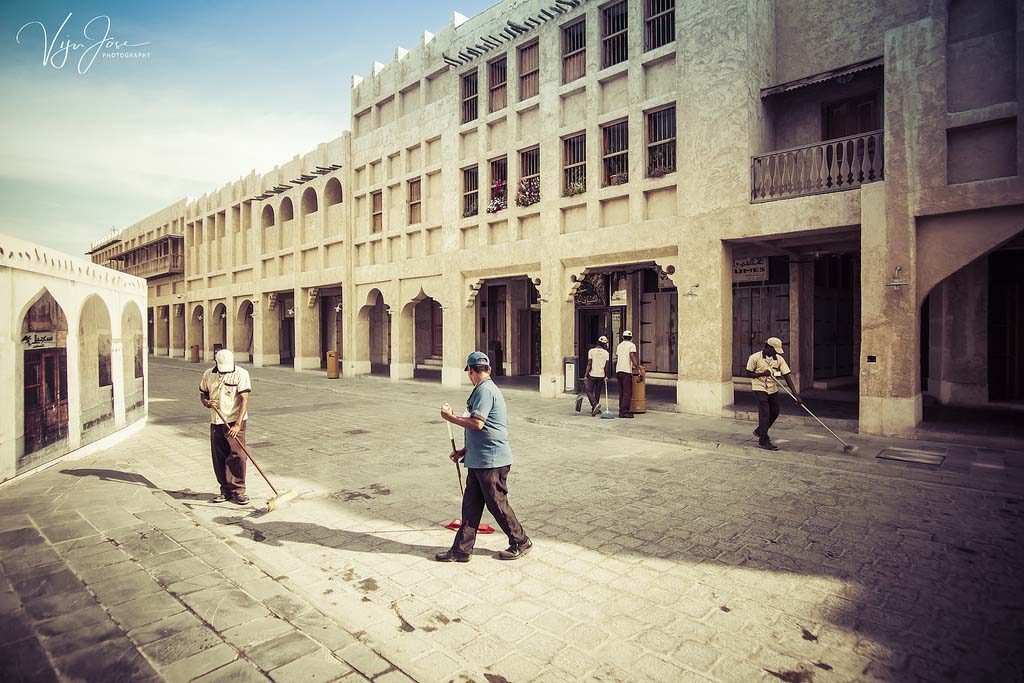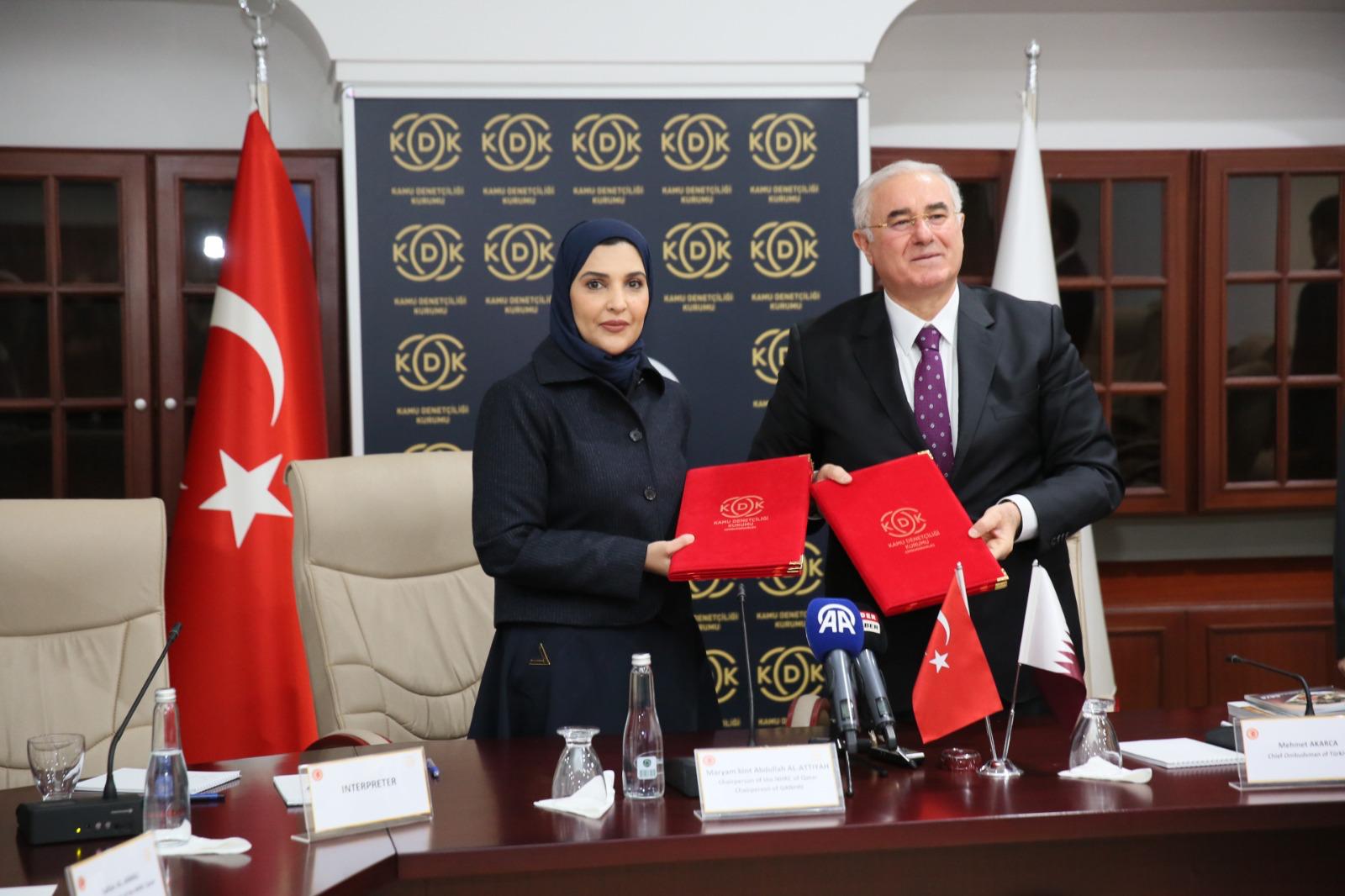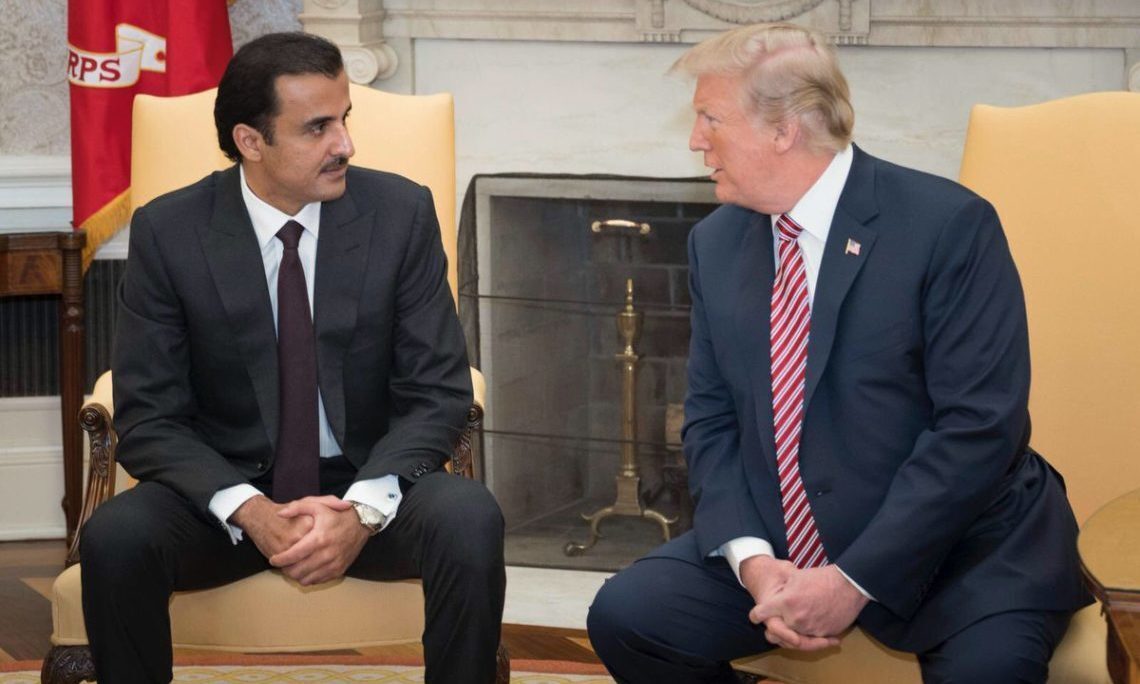
Despite recent reforms to Qatar’s sponsorship law, employers still enjoy a great deal of control over their staff, paving the way for many abuses.
For low-income expats especially, it is hard to challenge the status quo even if their bosses are doing something illegal.
But there are ways for more privileged residents to help, according to former Qatar expat Andrew Leber, a PhD Candidate at Harvard University’s Department of Government. In this opinion piece, he explains how.
During the years that I worked in Doha and since I’ve left, I’ve read a steady patter of expat reflections on life in Qatar.
Almost all of them mention the kafala system – which in my opinion, still exists – and how it sows deep divides between nationalities and professions.

It also creates an informal hierarchy between those who can walk in the city’s parks on “family days” while remaining eminently single, and those who remain “bachelors” even as they work to support wives and children back home.
Most white-collar expats are well aware of these dynamics. But when discussing kafala (in print or around the dinner table), most people usually throw up their hands, declaring “it is what it is, and there’s nothing we can do about it.”
That’s not quite true.
Individual actions
Yes, deep power imbalances are baked into the structure of the sponsorship system, and anybody willing to work in Qatar should understand that they are unlikely to effect systemic change.
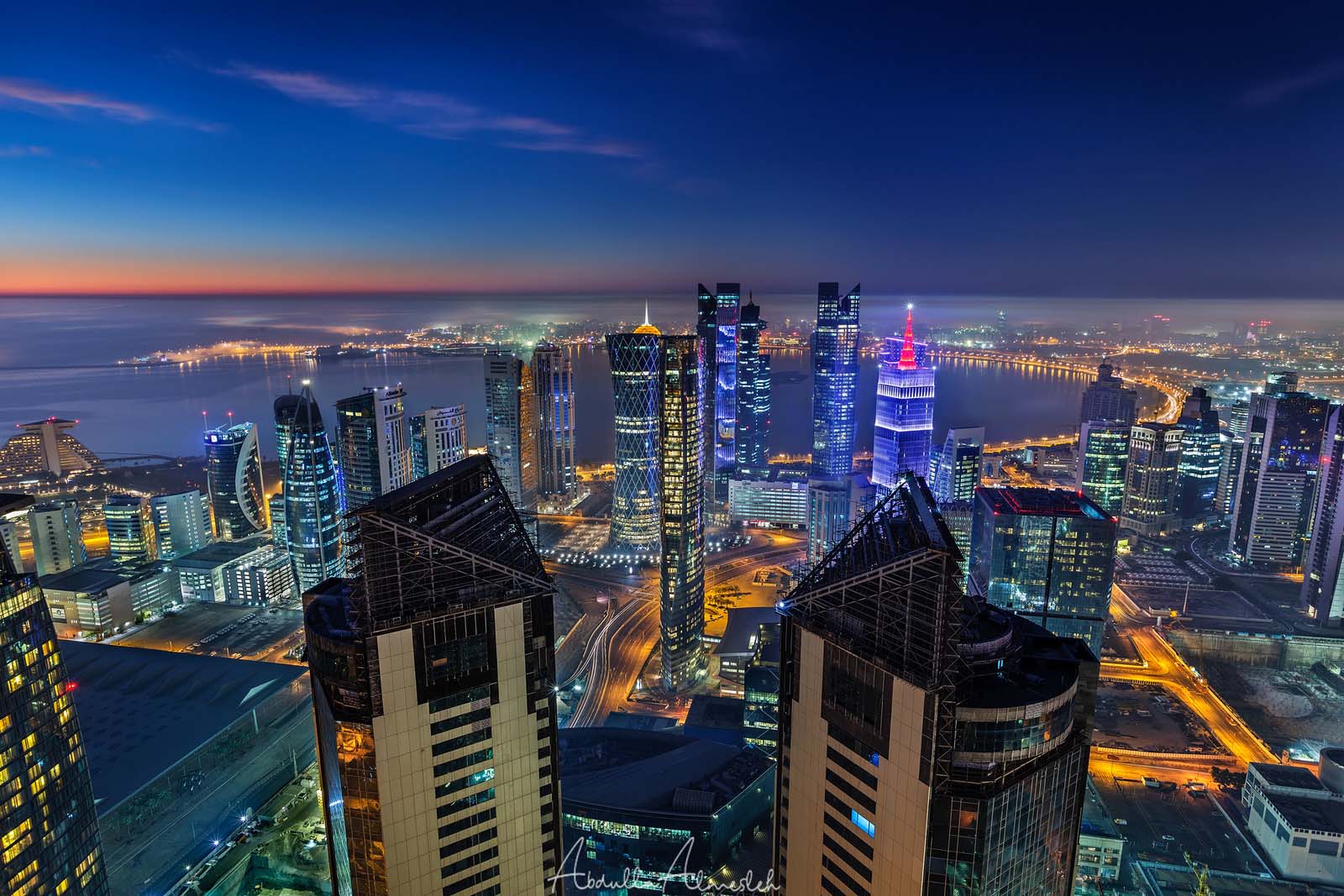
Yet on an individual level, there is much that the more privileged among us can do to try to address the symptoms of this system.
Those of us from Western countries and some Arab nations especially enjoy a privileged place in Doha, due to the advantages of education, nationality, income and even ethnicity.
This will likely only increase with recent changes to the law – most expats will have little hope of attaining permanent residency, even under the rosiest of scenarios.
While not immune to the troubles of the kafala system, most of us have access to cars, competent (and influential) embassies and lawyers, and tend to work for companies with reputations to consider back home or abroad.
A bewildering place
For blue-collar expats, on the other hand, Qatar can often be a bewildering place.
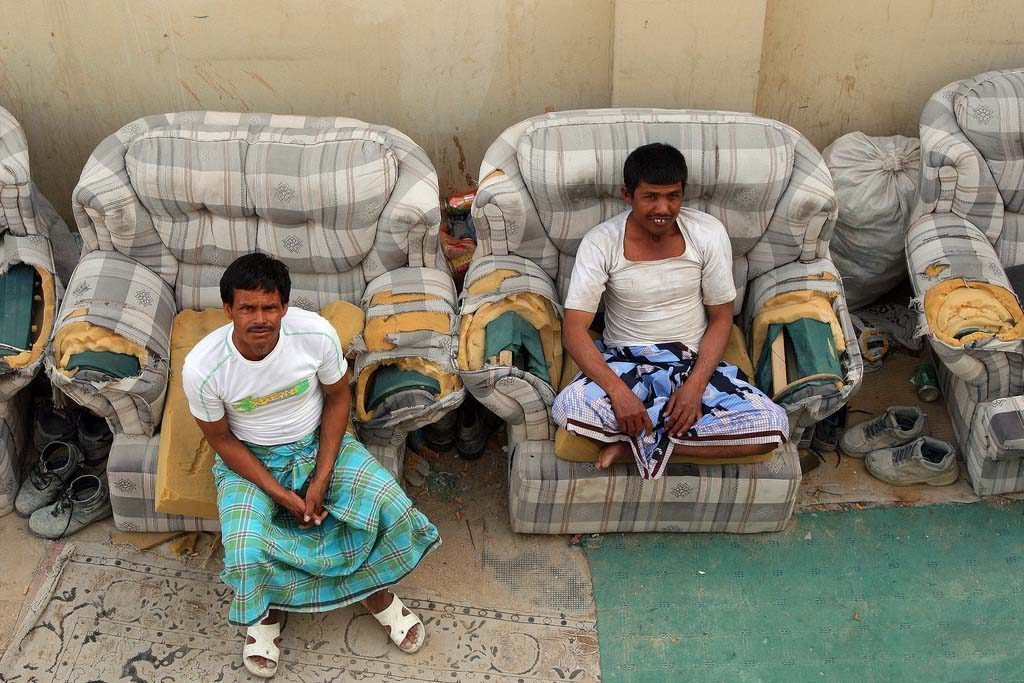
With a poor grasp of English, little formal education, or salaries so low that independent transportation is a major challenge, they can find themselves unable to challenge the way they are treated.
Imagine your most difficult interaction with a government agency or private company, then imagine it being ten times as stressful, with stakes ten times as high.
With that in mind, here are some easy steps you can take to try to make a difference in other people’s lives.
Many of you no doubt do some of the following already. For the rest, please take them as suggestions.
And feel free to chime in with more ideas.
1. Check in
The most basic thing you can do is check in with the expats around you who aren’t part of your work team or immediate social circle.
These might be the receptionists and security guards in your building, the office assistants on contract to a general services company, or the guys running the car repair shop behind your neighborhood.
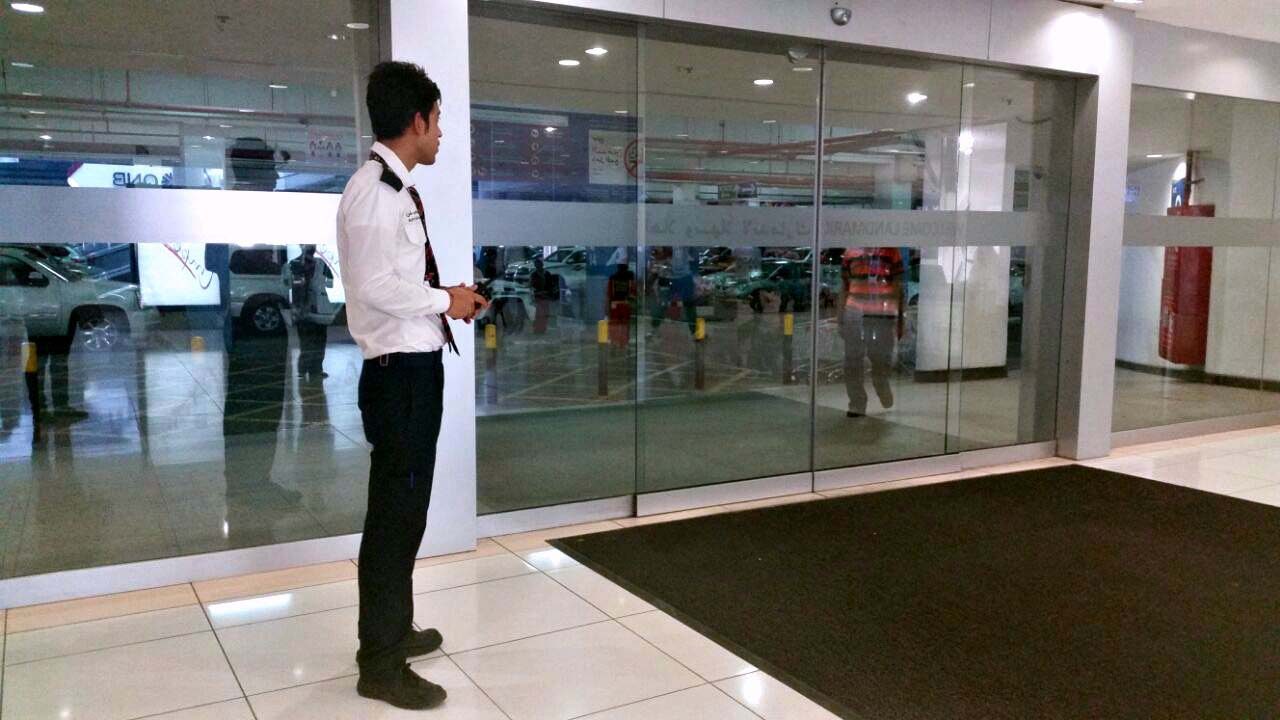
Ask how they’re doing, ask about family, ask about how they got to Doha. Above all, make sure you get names.
At a minimum, this helps ensure that we keep treating people like people, and helps build the trust needed for people in vulnerable positions in Qatar to tell you if something’s not right.
2. Help connect
Phone calls to family, social media and TV shows from home are obviously major lifelines for expats of all walks of life in Doha. And internet connections are essential to keep people from running up huge phone bills from data usage.

This is why you see some expats hanging out near banks even when they’re closed – the free wifi keeps running on weekends and is vastly cheaper than any data plan.
For any service workers contracted to or directly employed by your building, see if you can get your company to top up salaries with phone cards, and at a minimum try to make sure everybody can get wifi access.
Likewise, if you have any older-generation Galaxies or iPhones gathering dust in the back of a drawer, see if you can find a better home for them.
3. Bolster transport options
Getting around Doha can be costly. There is something of an affordable bus system, but based on my limited experience, coverage is spotty and it can take a long time to get anywhere.
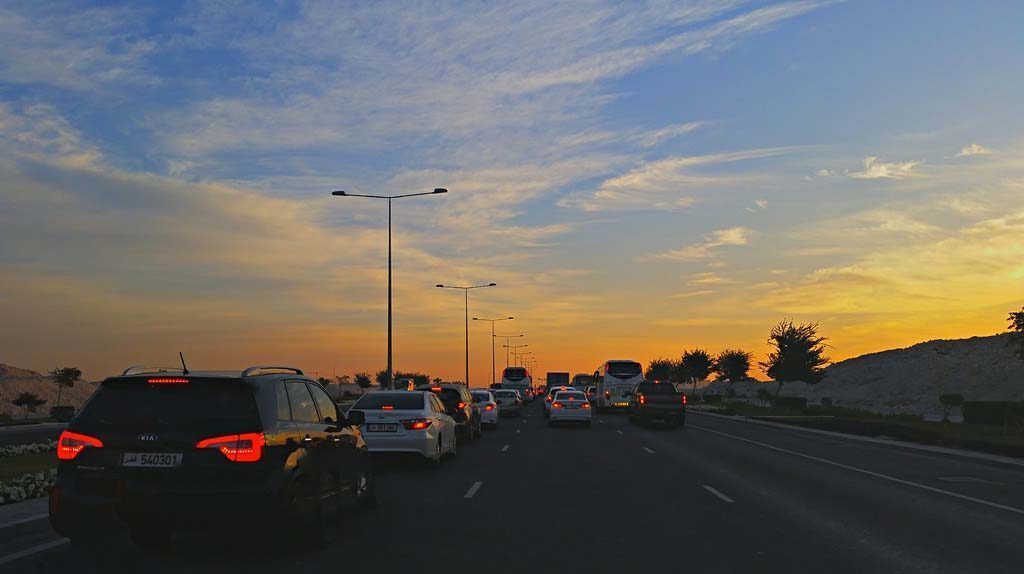
Be careful about offering rides, but do consider asking people you know if they need a lift, especially if it’s to a hard-to-reach embassy or to government offices to fill out paperwork and/or file a complaint.
In particular, check whether you can offer a ride to any fellow worshippers aiming to attend services out in the desert or elsewhere.
Most Qatar churches offer some kind of transportation services, but it can be hard to sign up without visiting the complex at least once.
4. Report violations
If you do hear of any violations, try to help expats bring labor violation issues to the authorities – and keep an eye out at your own workplace to ensure no abuse is taking place.
Plenty of expats don’t even know that they can flag concerns to the government, and it can be logistically difficult for them to do so.
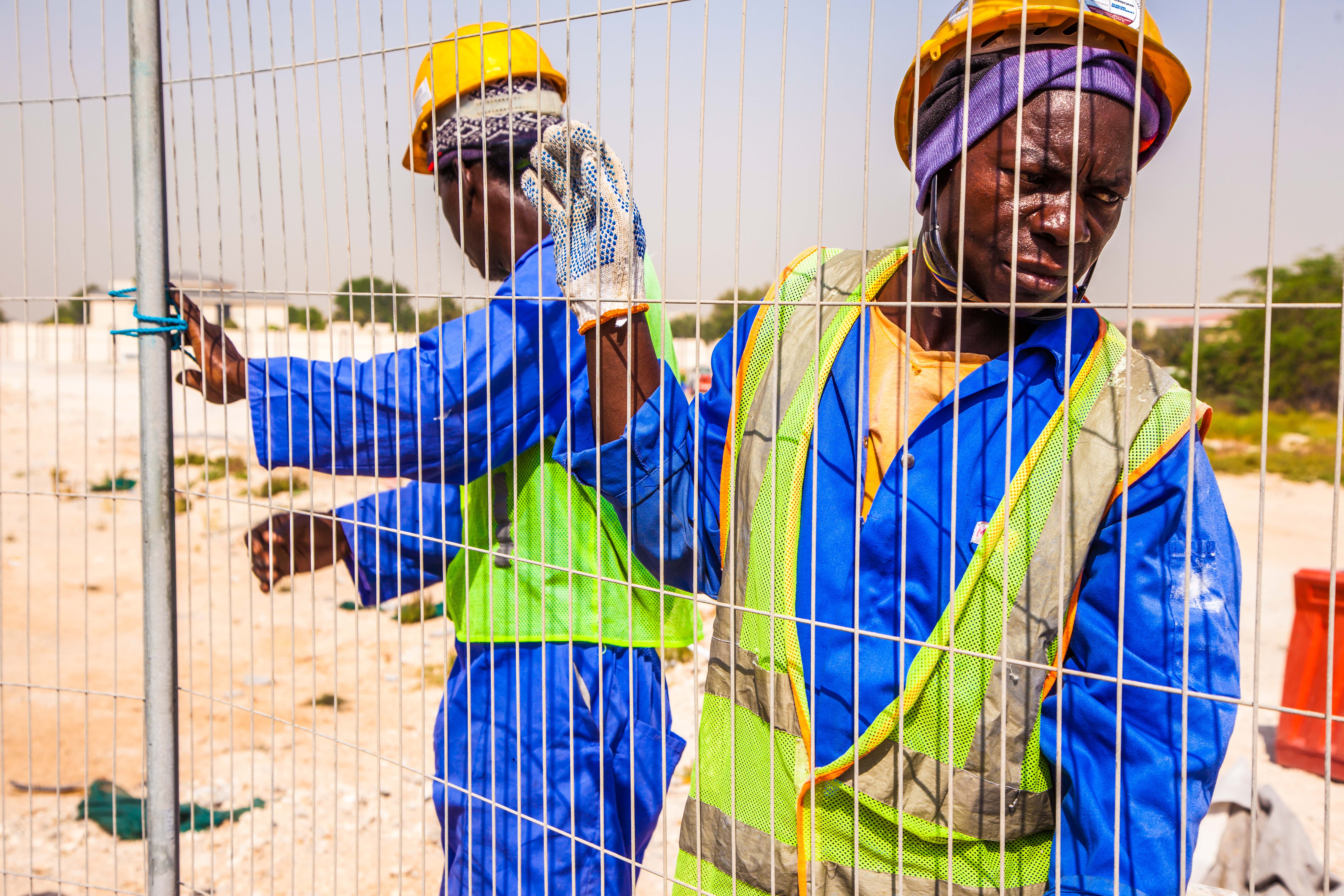
For example, any trip to an embassy or official building to remedy a problem would cost a blue-collar worker a sizable chunk of a month’s salary.
Make sure they know that they can visit the Ministry of Administrative Development, Labor and Social Affairs (here they are on Twitter) in person to report potential wrongdoing by a company.
Also consider helping them to do so.
They can also download a complaint form here, or call the labor ministry’s hotline at 44241101 to begin the complaints process.
Additionally, somebody in your office – perhaps a government relations specialist – might even be able to provide names of trusted government employees to reach out to as well.

These four actions I’ve outlined here are just a start. I hope, however, that they’ve given you ideas.
I hope I’ve helped you to see that there is something that Qatar’s wealthier residents can do to help those less fortunate then themselves.
With a bit of effort, we can all, as individuals, make a difference.
What advice would you add?
The views expressed in this article are the author’s own and do not necessarily reflect Doha News’ editorial policy.

